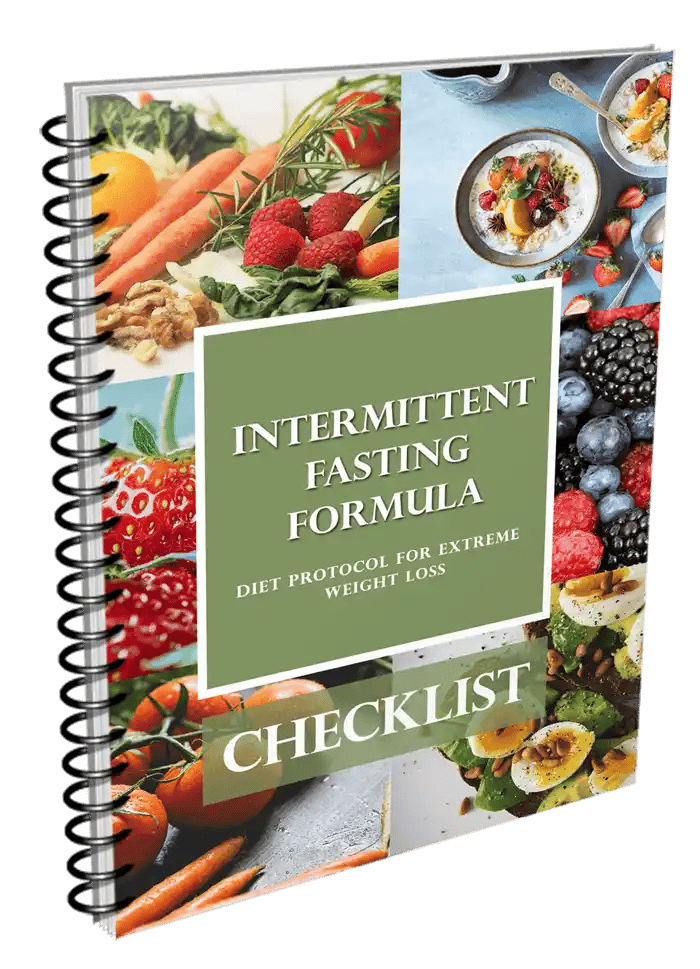The Intermittent Fasting Formula: A Simple Strategy for Lasting Fat Loss and Energy
Discover the Intermittent Fasting Formula—a flexible, science-backed approach to fat loss that fits into your real life. Learn how timing your meals, not restricting your food, can help you burn fat, boost energy, and build a sustainable, stress-free lifestyle.
6/25/20254 min read
Why I Ditched Dieting and Tried Fasting Instead
If you’ve ever bounced between keto, paleo, low-carb, juice cleanses, and everything in between—believe me, you’re not alone. I spent years in a cycle of obsessing over food. Counting calories, weighing meals, feeling guilty after eating something “off-plan.” It was exhausting, and more importantly, it wasn’t working long-term. I’d lose a few pounds only to gain them right back.
Then I stumbled across intermittent fasting. At first, it sounded intense—skipping meals? Not eating for 16 hours? I thought it was just another fad. But the more I looked into it, the more I realized this wasn’t about starving yourself. It was about giving your body a break from constant digestion so it could actually burn fat more efficiently.
The beauty of intermittent fasting is that it’s not about what you eat—it's about when you eat. And once I understood that, everything changed.
🔥 Why Intermittent Fasting Works So Well
1. Your Body Already Knows How to Fast
Believe it or not, your body naturally fasts every night while you sleep. That’s part of why it’s called “break-fast”—you’re literally breaking your overnight fast. Extending that window just a bit longer gives your body time to lower insulin levels and tap into stored fat for energy. This is when the magic happens. After about 12 hours without food, your body starts to burn fat instead of just processing your last meal.
When I first tried this, I started with a 12-hour fasting window—7 PM to 7 AM. Then, as I got more comfortable, I eased into 14, then 16 hours. I wasn’t starving. I wasn’t tired. I actually felt more alert and clear-headed during the morning hours.
2. Fewer Meals, Less Decision Fatigue
You know that constant “what should I eat?” loop in your brain? Intermittent fasting cuts that noise in half. If you only eat between 12 PM and 8 PM, that’s two meals and maybe a snack. No more five-meal-per-day plans or prepping endless containers of food. This simplicity made it way easier for me to stay consistent—because I wasn’t constantly worried about eating “perfectly.”
You focus on real, whole foods during your eating window—lean protein, healthy fats, and fiber-rich veggies—and your body does the rest.
3. Better Hormonal Balance for Fat Loss
Fasting naturally lowers insulin, which is your body's fat-storing hormone. When insulin drops, fat burning kicks in. You also see a rise in growth hormone, which helps protect muscle while encouraging fat breakdown. This is a big reason why intermittent fasting works without muscle loss—something I struggled with in other diets that just slashed calories.
It’s not just about eating less—it’s about creating a hormonal environment where your body is more willing to burn fat.
4. Mental Clarity and Steady Energy
One of the most surprising benefits of intermittent fasting was how mentally sharp I felt. Mornings, which used to feel sluggish, suddenly became my most productive hours. There’s a reason why so many people report better focus during fasting periods—your body isn’t busy digesting food, so your brain gets more bandwidth.
No sugar crashes, no mid-morning yawns, no constant grazing. Just clean, steady energy.
5. Flexible Enough to Fit Any Lifestyle
Intermittent fasting isn’t a rigid rulebook—it’s a flexible framework. You can pick a method that works for your life:
16:8 (fast for 16 hours, eat for 8) is the most popular.
14:10 is gentler and great for beginners.
One Meal a Day (OMAD) is for people who thrive on simplicity.
I personally found that 16:8 worked beautifully for my schedule. I could skip breakfast, enjoy a satisfying lunch, have dinner with my family, and not feel restricted.
🧠 The Mindset Shift That Makes It Sustainable
Here’s the thing that made intermittent fasting different for me: it didn’t feel like punishment. Most diets are built around deprivation. You’re told you can’t have carbs, or that you need to replace meals with shakes. But fasting isn’t about what you can’t have—it’s about giving your body time to reset.
Over time, my cravings diminished. My relationship with food became less emotional. I started eating more intentionally—listening to real hunger cues instead of reacting to boredom or stress.
I also stopped obsessing over the scale. Because I felt so good—light, energized, in control—it mattered less what the numbers said. But for what it’s worth, the weight did come off. Gradually, consistently, and without yo-yoing back.
🏁 How to Start Intermittent Fasting (Even If You're a Total Beginner)
Pick Your Window
Start small. Try a 12-hour fast: stop eating at 8 PM and wait until 8 AM to eat again. Once that feels normal, stretch it to 14 hours, then 16.Drink Plenty of Fluids
Water, black coffee, or herbal tea can help keep hunger at bay and boost fat burning. Stay hydrated—your body needs it to function optimally during the fast.Eat Real Food During Your Eating Window
Focus on whole, nutrient-dense meals. Think grilled chicken, avocado, eggs, leafy greens, salmon, nuts. Keep sugar low and skip the ultra-processed snacks.Stay Consistent, Not Perfect
One day won’t make or break your progress. If you break your fast early or eat late occasionally, that’s okay. The goal is consistency over time—not perfection.Track How You Feel, Not Just How You Look
Notice your energy, your hunger cues, your mental clarity. Many of the benefits come before the scale even moves.
💪 Conclusion: You Deserve a Method That Works with Your Life
If you’re sick of diets that feel like full-time jobs… intermittent fasting might be exactly what you need. It’s simple. It’s backed by science. And most importantly, it puts you back in control.
This isn’t a quick fix—but it is a permanent solution. Once your body adjusts, you’ll find that fasting isn’t difficult—it’s freeing. You’ll stop living in a constant cycle of restriction and frustration. You’ll have more time, more energy, and more mental space for the things that truly matter.
Ready to take control of your body, energy, and mindset—without restrictive dieting? Try the Intermittent Fasting Formula today and experience the difference in just 7 days. Start simple, stay consistent, and let your body do what it was designed to do.
👉 Click here to begin your journey—your transformation starts now.
This post contains affiliate links. Thanks for your support!
“Want simple tips to glow up your health and grow your income? Join the Glow & Grow crew!”



